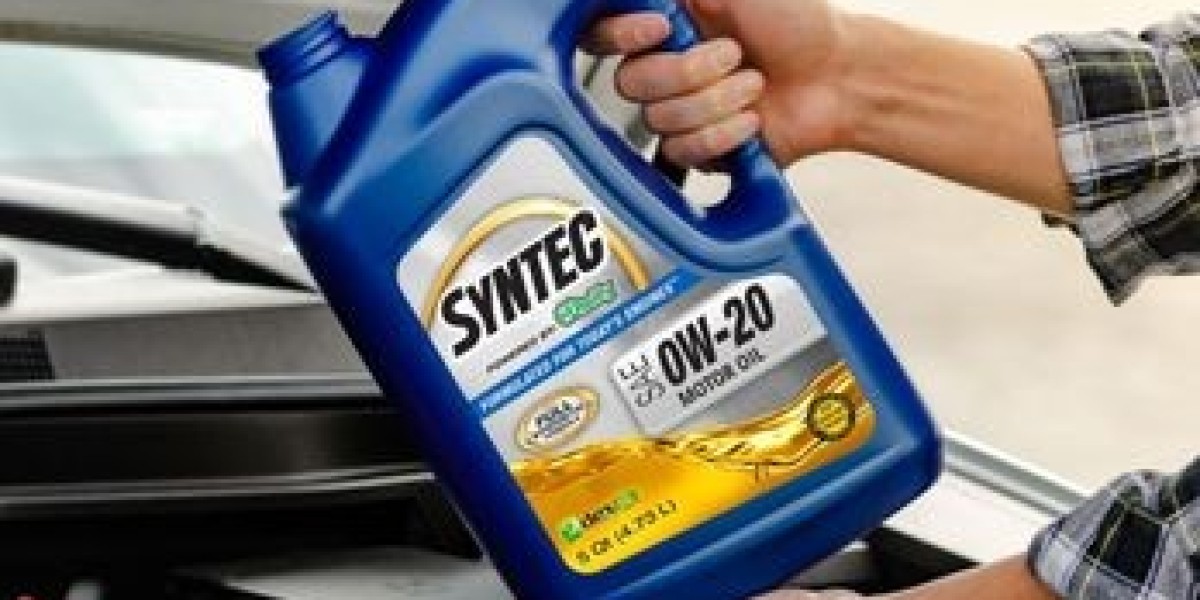Nitrile Coated Gloves: The Ultimate Protection for Modern Hands
In today’s world, where safety and hygiene are of utmost importance across industries, hand protection has taken center stage. From construction workers to laboratory technicians, from gardeners to mechanics, one essential piece of protective gear has earned a reputation for being both reliable and durable — nitrile coated gloves. These gloves combine the robustness of nitrile material with the flexibility of a seamless glove liner, making them a top choice for professionals and DIYers alike.
Nitrile coated gloves are designed not just to protect the hands, but also to enhance grip, comfort, and dexterity in challenging environments. Whether you’re dealing with sharp tools, chemicals, or slippery surfaces, nitrile coated gloves offer an ideal balance of safety and usability.
What Are Nitrile Coated Gloves?
Nitrile coated gloves are work gloves that feature a protective layer of nitrile — a synthetic rubber known for its resistance to punctures, abrasions, oils, and chemicals. This nitrile coating is applied over a base fabric, often made of nylon, polyester, or cotton, depending on the use case. The result is a glove that offers a skin-tight fit with an exterior capable of handling tough working conditions.
These gloves are available in a variety of styles, including fully coated, palm-coated, and foam nitrile-coated options. Each type serves a slightly different purpose. For instance, a fully coated glove offers full-hand protection, while a palm-coated glove provides breathability on the back of the hand for comfort during prolonged use.
Why Nitrile Is Preferred Over Latex and Vinyl
One of the reasons nitrile coated gloves have gained immense popularity is their superiority over traditional latex or vinyl gloves. Latex gloves, while elastic and comfortable, often trigger allergic reactions in some individuals. Nitrile, being a synthetic material, is completely latex-free and hypoallergenic, making it a safer choice for a broader range of users.
Vinyl gloves, on the other hand, are cost-effective but lack the durability and chemical resistance offered by nitrile. In work environments where exposure to sharp edges, oils, or abrasive surfaces is common, nitrile coated gloves provide unmatched resilience. Their higher puncture resistance ensures longer life and reduced risk of accidental injuries.
Comfort Without Compromise
Despite their toughness, nitrile coated gloves are surprisingly comfortable. Thanks to advancements in glove manufacturing, modern versions are engineered to conform closely to the hand’s natural shape, allowing for a snug yet breathable fit. The inner lining, usually made from soft knit materials, ensures that wearers can keep them on for extended periods without discomfort or irritation.
Furthermore, these gloves offer impressive flexibility, allowing the fingers to move freely. This makes them ideal for tasks that require precision and control, such as assembling small components or handling delicate tools. Whether you’re gripping oily machinery or using power tools, the gloves provide a firm hold without compromising movement.
Grip Matters: The Advantage of the Coating
A major benefit of nitrile coated gloves is their exceptional grip. The nitrile coating is often textured to enhance surface contact, making it easier to handle slippery or oily items. In industrial environments where machinery and materials are often coated with lubricants, this improved grip can significantly reduce accidents and improve productivity.
Some nitrile coated gloves even feature foam nitrile, which is specially designed to offer a sponge-like surface that channels away oils and liquids. This allows for an even stronger grip, making them ideal for mechanics, warehouse workers, and anyone dealing with wet or greasy surfaces.
Application Across Industries
The versatility of nitrile coated gloves makes them suitable for use across a wide range of industries. In construction and manufacturing, they are used to protect against abrasions and cuts. Mechanics prefer them for their oil resistance, while electricians appreciate their snug fit that doesn’t interfere with their dexterity.
In the medical and laboratory sectors, nitrile coated gloves provide chemical resistance and barrier protection against harmful substances. Even in agriculture and gardening, they’re favored for their ability to withstand thorns, sharp tools, and soil contaminants. Their role in food processing cannot be understated either, as they help maintain hygiene while offering workers a secure grip on tools and equipment.
Sustainability and Reusability
With growing awareness about environmental impact, there’s a rising preference for reusable gloves over single-use disposables. Nitrile coated gloves offer a sustainable alternative as they are designed to be used multiple times. When properly cared for, they last significantly longer than traditional disposable gloves, reducing waste and long-term costs.
Many brands now offer washable nitrile coated gloves. After a long day of work, users can simply rinse them off or throw them in the laundry, depending on the manufacturer’s instructions. This reusability factor makes them a smart investment, especially for industries that go through large volumes of gloves regularly.
Choosing the Right Pair
Not all nitrile coated gloves are created equal, and selecting the right pair depends largely on the nature of your work. For heavy-duty tasks involving sharp materials or heavy tools, a thicker nitrile coating may be necessary. For tasks requiring fine motor skills and tactile sensitivity, thinner and more flexible gloves are the better choice.
Some gloves come with additional features like touchscreen compatibility, anti-static properties, or enhanced wrist cuffs for better protection. It's important to understand your specific needs before making a purchase. A glove that works well for an electrician may not be the best choice for someone working in agriculture or healthcare.
Caring for Your Gloves
Proper care and maintenance of nitrile coated gloves can extend their life and maintain their protective qualities. After use, gloves should be cleaned according to the manufacturer’s recommendations. In most cases, rinsing with warm water and mild soap is sufficient to remove dirt and contaminants. Gloves should then be air-dried thoroughly before being stored.
Avoid using harsh chemicals or placing gloves in high-heat dryers unless specified, as this may degrade the nitrile coating. Regular inspection is also essential. If the gloves show signs of wear, such as cracks, thinning, or damage to the coating, it’s best to replace them immediately to avoid compromising your safety.
FAQs About Nitrile Coated Gloves
Q: Are nitrile coated gloves waterproof?
Nitrile coating provides resistance to water, oils, and many chemicals, especially when fully coated. However, palm-coated gloves may not be fully waterproof, as the back is usually left uncoated for breathability.
Q: Can nitrile coated gloves be used with mobile devices?
Some nitrile coated gloves are designed with touchscreen-compatible fingertips. These versions allow users to operate smartphones or tablets without removing their gloves.
Q: Are these gloves suitable for cold environments?
Standard nitrile coated gloves provide minimal insulation. However, there are insulated variants available that are lined with fleece or thermal material for use in colder climates.
Q: How long do nitrile coated gloves last?
The lifespan depends on usage and care. With proper cleaning and storage, a good-quality pair can last several weeks or even months under moderate use.
Q: Can I use these gloves for food handling?
Yes, many nitrile coated gloves are food-safe, but you should always check the product labeling or manufacturer’s certification to confirm they meet food handling standards.
Q: Are nitrile coated gloves breathable?
Yes, especially those that are palm-coated only. The uncoated fabric on the back allows air circulation, reducing sweat and discomfort during long hours of use.
Final Thoughts
Nitrile coated gloves have revolutionized hand protection by offering an ideal blend of durability, comfort, and grip. Whether you're working in an industrial environment or simply doing chores around the house, these gloves deliver reliable performance without sacrificing ease of use. Their resistance to chemicals, oils, and physical wear makes them a versatile choice across multiple applications.
With proper selection and care, nitrile coated gloves can be a long-lasting, sustainable, and cost-effective addition to your safety gear. They represent not just protection, but peace of mind — knowing your hands are guarded against whatever the job throws at you.








